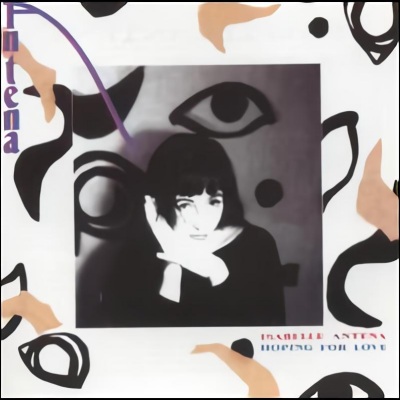
Hoping for Love
by Ned RaggettContinuing some of the musical collaboration and general work from her first album, Hoping for Love finds Isabella Antena also much more overtly exploring a stripped-down, jazz-pop sound on many tracks. Alongside some remaining examples of the full-bodied arrangements and beats overseen by producer Martin Hayles are much more spare but equally compelling compositions that Antena produced, with fine results. The change is evident from the start with "Le Poisson des Mers du Sud" -- Antena sings in her native French, accompaniment is only guitars, piano and percussion, and the feeling is definitely one of coming down from En Cavale's active highs. The end result is a great showcase for her breadth as a performer, able to take inspiration from a variety of sources to create a new modern synthesis. French is the lead language throughout the album, perhaps a defiant return to the roots after her English language work had only gathered a cult following (though ironically Hoping for Love led to a major overseas breakthrough in Japan). Given the presence of bossa nova and samba influences in her work it's less a change as it is a refocusing on more formal variations of those approaches, but it's handled very well indeed, ranging from the brief, lyric-less kick of "Musique de 4 A 6" to the fuller arrangements on "Melodie." The later part of the album covers the more modern explorations of her sounds, harking back to En Cavale on such tracks as the punchy-but-dreamy "Otra Bebera" (sung in Spanish, a winning further extension of her artistic range) while aiming more directly for the pop mainstream than ever with "Sweet Boy." Getting a re-release on LTM means extra songs galore, in this case five numbers, including extended mixes of "Laying on the Sofa" and "La Tete Contre les Mers."
